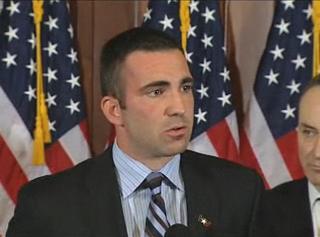Цитата Кристен Риттер
Изображение посттравматического стрессового расстройства и тому подобных вещей казалось действительно большим и важным.
Связанные цитаты
Есть три основных вещи, которые происходят, когда кто-то страдает от этих проблем [посттравматическое стрессовое расстройство]. Во-первых, у них появляются навязчивые мысли. Вторая проблема заключается в том, что вы быстро пугаетесь. И третий ключевой момент — это избегание. рядом с тобой. Просто большое недоразумение.
Я думаю, что там, откуда я родом, полно невыявленных депрессий. Посттравматическое стрессовое расстройство тоже. Некоторые вещи, которые вы видите в детстве, похожи на вещи, которые вы ожидаете увидеть в зоне боевых действий, но вам не с кем поговорить об этом, потому что бежать к психиатру - это не то.































